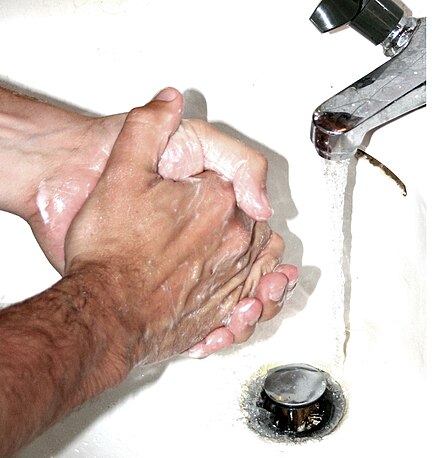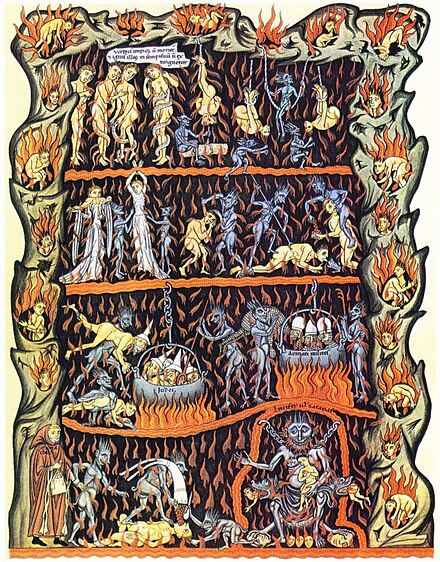Obsessive–Compulsive Disorder (OCD)
Obsessive–compulsive disorder (OCD) is a chronic mental health condition characterised by intrusive thoughts (obsessions) and repetitive behaviours (compulsions). These compulsions are performed to alleviate the distress caused by the obsessions, often impairing general functioning.

Overview
Signs and Symptoms
OCD presents with a variety of symptoms categorised into obsessions and compulsions. Obsessions are persistent, unwanted thoughts, images, or urges causing significant anxiety or distress. Common obsessions include fear of contamination, need for symmetry, and intrusive thoughts about harm or taboo subjects. Compulsions are repetitive actions or mental acts performed to mitigate the anxiety from obsessions, such as excessive hand washing, checking, counting, ordering, and seeking reassurance.

Compulsions typically consume at least one hour per day and significantly impair daily functioning. While many individuals with OCD understand that their behaviours are irrational, they feel compelled to perform them to avoid distress, a characteristic known as egodystonic behaviour.

Diagnosis
Diagnosis of OCD is clinical, based on the presence of obsessions, compulsions, or both, leading to significant distress or impairment. The Yale–Brown Obsessive–Compulsive Scale (Y-BOCS) is often used to assess symptom severity. Differential diagnoses include anxiety disorders, major depressive disorder, eating disorders, tic disorders, and obsessive–compulsive personality disorder (OCPD).
Causes and Risk Factors
The exact cause of OCD is unknown, though it involves a combination of genetic, biological, and environmental factors. Identical twins have a higher concordance rate than fraternal twins, indicating a genetic component. Neuroanatomical models implicate brain regions such as the anterior cingulate cortex, orbitofrontal cortex, amygdala, and basal ganglia. Environmental factors, such as childhood trauma and streptococcal infections (linked to PANDAS), may also contribute.
Treatment
Therapy
Cognitive behavioural therapy (CBT) is the first-line treatment, particularly exposure and response prevention (ERP). ERP involves exposing patients to anxiety-provoking situations without allowing them to perform their usual compulsive acts, thereby reducing anxiety over time.

Acceptance and commitment therapy (ACT) and inference-based therapy (IBT) are also effective. ACT focuses on accepting distressing thoughts rather than avoiding them, while IBT addresses inferential confusion, encouraging patients to trust their senses over imagined possibilities.
Medication
SSRIs such as sertraline, fluoxetine, and fluvoxamine are commonly prescribed and effective at higher doses than those used for depression. Clomipramine, a tricyclic antidepressant, is also effective but has more side effects. For treatment-resistant OCD, atypical antipsychotics like risperidone may be added, though their efficacy varies.

Procedures
In severe cases, deep brain stimulation (DBS) and transcranial magnetic stimulation (TMS) have shown promise. Psychosurgery is considered a last resort and involves making lesions in specific brain areas.
Prognosis
OCD is a chronic condition, often requiring long-term treatment. Quality of life is generally reduced, but appropriate treatment can significantly alleviate symptoms. Complete remission is rare, and many individuals experience persistent but manageable symptoms.
Epidemiology
OCD affects about 2.3% of people globally at some point in their lives, with a yearly prevalence of 1.2%. Symptoms typically manifest before age 35, with males showing an earlier onset than females.

Self-assessment MCQs (single best answer)
What is the primary characteristic of obsessive–compulsive disorder (OCD)?
Which of the following is a common obsession in OCD?
What type of therapy is considered the first-line treatment for OCD?
Which scale is often used to assess the severity of OCD symptoms?
What class of medication is commonly prescribed for OCD?
Which brain regions are implicated in the neuroanatomical model of OCD?
What is a characteristic behaviour in people with OCD?
Which environmental factor has been linked to OCD?
In severe cases of OCD, which procedure has shown promise?
What is the global lifetime prevalence of OCD?
Dentaljuce
Dentaljuce provides Enhanced Continuing Professional Development (CPD) with GDC-approved Certificates for dental professionals worldwide.
Founded in 2009 by the award-winning Masters team from the School of Dentistry at the University of Birmingham, Dentaljuce has established itself as the leading platform for online CPD.
With over 100 high-quality online courses available for a single annual membership fee, Dentaljuce offers comprehensive e-learning designed for busy dental professionals.
The courses cover a complete range of topics, from clinical skills to patient communication, and are suitable for dentists, nurses, hygienists, therapists, students, and practice managers.
Dentaljuce features Dr. Aiden, a dentally trained AI-powered personal tutor available 24/7 to assist with queries and provide guidance through complex topics, enhancing the learning experience.
Check out our range of courses, or sign up now!


